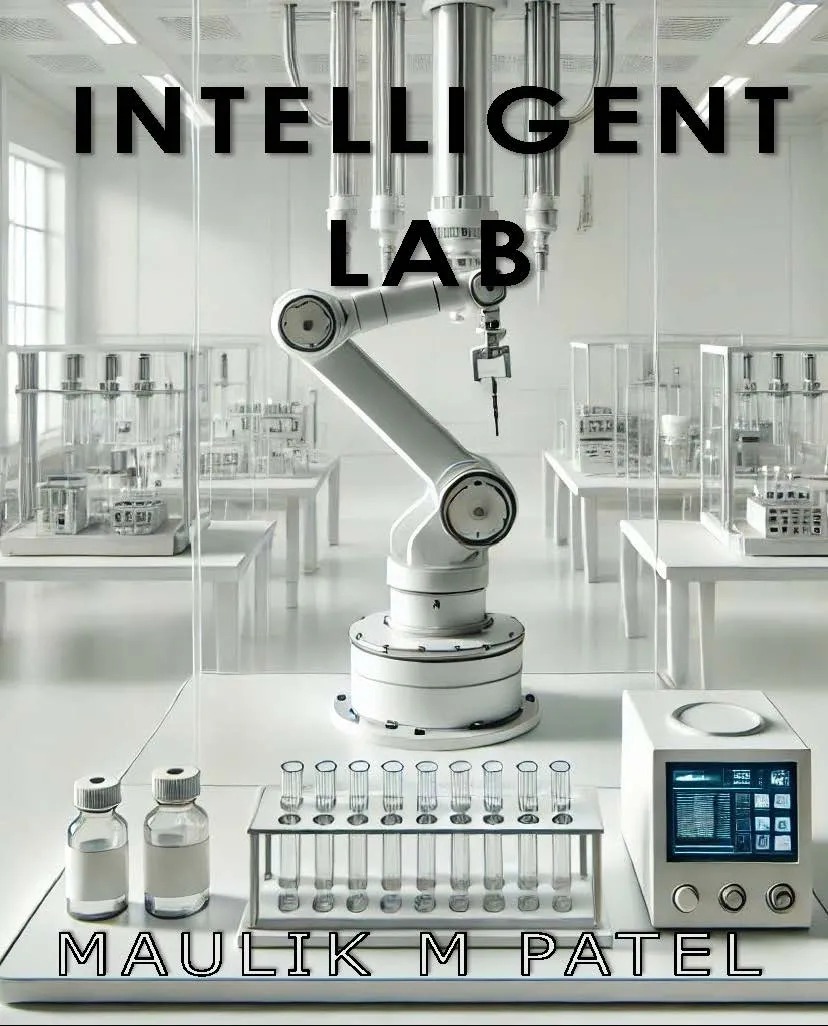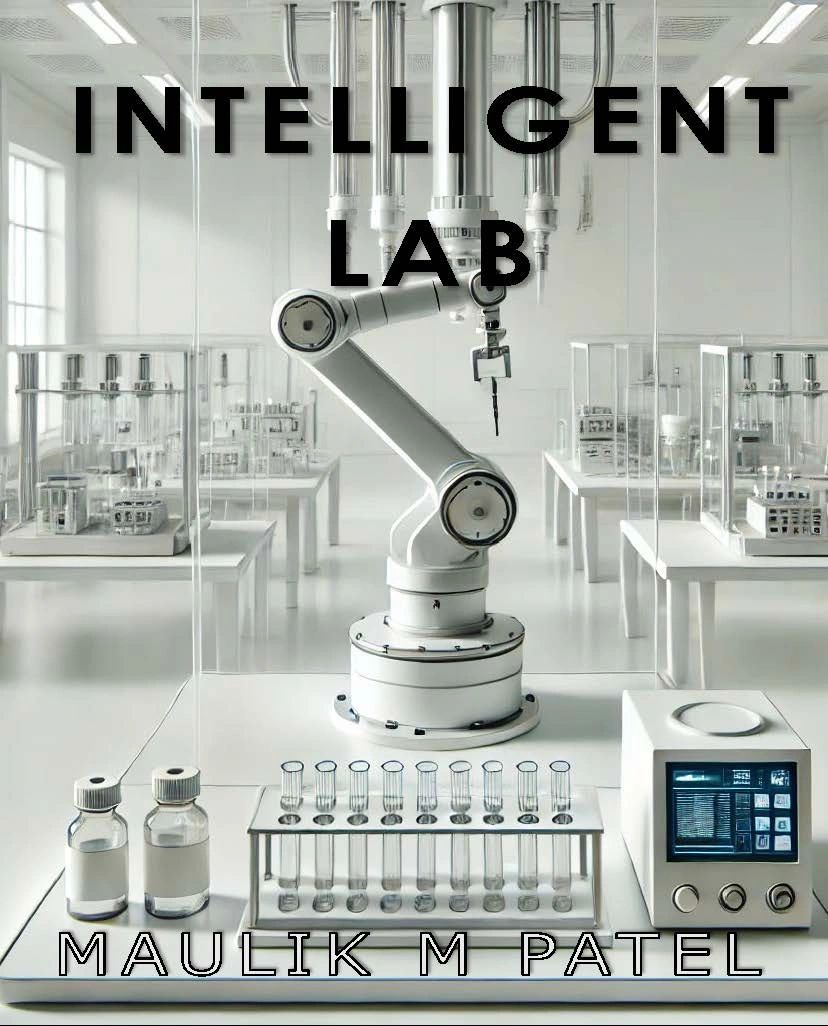AI in Genomics: Accelerating DNA Analysis
One of the most significant impacts of AI in biological sciences is in genomics, where it is helping to decode the complexities of the human genome. Sequencing an organism's DNA generates enormous amounts of data, which require complex analyses to draw meaningful conclusions. AI algorithms, particularly those in machine learning (ML) and deep learning, can process this data quickly and efficiently.
For example, AI models are now being used to identify genetic mutations associated with diseases, predict the functional consequences of these mutations, and even model the likely evolutionary pathways of certain genes. In human health, this can translate into better understanding of genetic diseases, improved diagnostics, and the identification of personalized treatment options based on an individual's unique genetic makeup.
AI has also been instrumental in genome editing technologies such as CRISPR. By analyzing large datasets, AI helps improve the accuracy of gene editing techniques, reducing off-target effects and ensuring precise modifications. Artificial Intelligence in The Biological Science These advancements have significant implications for agriculture, medicine, and evolutionary biology.
AI in Drug Discovery: Reducing Time and Cost
Traditional drug discovery processes are often long, expensive, and fraught with uncertainty. AI is changing this by accelerating the identification of potential drug candidates and optimizing their development. Machine learning models can sift through databases of known compounds to predict which molecules might interact with specific biological targets. This allows scientists to focus on the most promising candidates for further research, significantly reducing the time and cost involved in drug development.
Pharmaceutical companies have already begun using AI to identify new drugs for diseases such as cancer, Alzheimer’s, and viral infections. By simulating molecular interactions, AI systems can predict how a drug will behave in a biological system, minimizing the need for expensive and time-consuming laboratory tests. Additionally, AI can be used to repurpose existing drugs for new therapeutic applications, a process known as drug repositioning.
AI and Systems Biology: Understanding Complex Biological Networks
AI is also playing a crucial role in systems biology, an interdisciplinary field that seeks to understand complex interactions within biological systems. Traditional approaches to biology often focus on individual components such as genes, proteins, or cells. However, these components do not function in isolation but interact within networks that regulate biological processes.
By applying AI algorithms, researchers can model these networks to understand how different biological systems behave in health and disease. For example, AI can analyze gene expression data to identify regulatory networks involved in cancer progression, allowing for more targeted treatments. It can also help in the modeling of metabolic networks, enabling researchers to better understand how organisms respond to environmental changes.
AI and Biophysics: Modeling Protein Structures
Understanding the structure of proteins is critical for many areas of biological research, including drug discovery and disease diagnostics. Proteins are complex molecules that perform a wide range of functions in cells, and their structure determines how they function. However, determining protein structures experimentally is a time-consuming and expensive process.
AI has revolutionized this area with models like AlphaFold, which can predict protein structures with unprecedented accuracy. Book For AI in Drug Discovery This has opened up new avenues for research into diseases caused by misfolded proteins, such as Alzheimer's, Parkinson’s, and Huntington's disease. By understanding how proteins fold and function, researchers can develop more effective therapies.
Future Prospects: AI and Synthetic Biology
Looking forward, the integration of AI into synthetic biology holds exciting prospects. Synthetic biology involves designing and constructing new biological systems or modifying existing ones for useful purposes, such as producing biofuels, developing new materials, or engineering cells to produce therapeutic compounds. AI can assist in the design and optimization of synthetic biological systems, making the process more efficient and predictable.






Comments